A Columbia University Press E-book.
CUP would be pleased to hear about your reading experience with this e-book at .
References to Internet Web sites (URLs) were accurate at the time of writing. Neither the author nor Columbia University Press is responsible for URLs that may have expired or changed since the manuscript was prepared.
PHILOSOPHYS AWKWARD RELATION TO LITERATURE
W hy should philosophers and writers, readers of philosophical literature and readers of the belles letters, be interested in each other? In actual fact, they rarely are, but once in a while a philosopher strikes a chord with the readers of fine literature, and, vice versa, a writer of poetry or novels provokes philosophers to read him. John M. Coetzee is surely a candidate for this second category, and therefore motivates the questions asked in the present selection of essays. The fact that philosophers and writers have to confront each other to come into contact at all is something requiring explanation, however. The best explanation, perhaps, is a historical reminder pointing to the beginning of Western philosophy, as it illustrates the extent to which a certain distance between philosophy and literature is constitutive for philosophy. Plato, we should not forget, suggested banning artists from the ideal state. This distancing move, one among others, not only set philosophy on a path of development different from the writing of narratives about the gods and human lives, but also fixed part of the program that philosophy was meant to follow.
As a founder of Western philosophy, Plato demarcated the epistemological work done by philosophers from what other people do, especially from the work of artists seeking to influence politicians and religious believers. Plato valued philosophical reflection as a kind of pure truth seeking, a striving for pure knowledge. And a first step toward pointing out what pure knowledge could be was to distinguish it from the less pure and reflective thinking of more practically inclined contemporaries. Plato had Socratesin the name of truthfight against Protagoras and the other sophists, teachers of would-be politicians, and make clear to Euthyphro that even the gods depend upon the good, rather than the other way round. Under the stubborn probing and tweaking of Socrates, the knowledge to be had from politicians and their strategists, from religious believers and from the artists turned out not to be pure enough to be called knowledge at all. Or so Plato thought.
Against the background of such wide-scale deficiencies, knowledge received a new status and famously became the knowledge relevant to a life worth living. To make things more complicated, it was not knowledge itself that received this elevated status but a new way of thinking that aimed at this knowledge, a thinking motivated and structured by the idea of this form of knowledge and devoted to the hows and ifs of this knowledge, a way of thinking focused more and more on the knowledge of knowledge, that is, to a new professional method called philosophy. Throughout its movement into modernity, and to some extent right up to the present, philosophy has identified itself with this search for pure knowledge, even if its distance from religion has fluctuated and its demarcation from art has, since romanticism, shown signs of porosity.
By the time of the Enlightenment, philosophy had won its struggle to distinguish itself from religion by offering nature and reason as secular substitutes for a nonhuman God. Religion dropped out of the center of culture, and philosophy sought to take its place. This substitution project was successful, not least because of the ambiguity of nature and reason. Both are humanistic concepts, but they also suggest, at least for formerly religious ears, a status beyond human beings. Socrates teaching to Euthyphro had succeeded in giving priority to reason and knowledge and in downgrading religion, but to do so it had to upgrade reason and knowledge into something potentially transhuman. In addition, philosophys situation became more complex during the Enlightenment when it took up two further tasks. On the one hand, it had aligned itself narrowly with the new natural sciences and therefore had to keep up with the rapid development of the scientific disciplines. On the other hand, it had assumed responsibility for organizing society on a rational basis and had to take up the task of translating former utopias into concrete politics.
With the beginning of the nineteenth century, however, three countermovements began to put this culturally dominant role of philosophy into perspective. In modified forms these movementshistoricism, romanticism and materialismstill make themselves felt today, even if they are transfigured within more complicated scenarios. Historicists like Herder and Humboldt questioned the universal claims of enlightened knowledge by pointing out the relevance and plural existence of languages and cultures. Romantics like Schiller and Shelley called for individualized aesthetic education instead of a generalizing search for eternal knowledge. Materialists like La Mettrie or Feuerbach shifted attention away from philosophy and toward the empirical sciences, a process accelerated by the breakthrough of Darwin in biology. Each of these movements questions the Platonic program in its own way. Historicism seeks a developmental explanation of human knowledge, thereby ushering in a different model. Knowledge is now not granted by objective external states; instead, its sign is an improvement on earlier states. If Hegel tried to make good on this historicist challenge, romanticism saw in the diversity of ideas and the plurality of traditions forceful reasons to think of human imagination and the passions as being much more powerful than knowledge and reason. Romanticism substituted sensitivity for knowledge. Materialism, of course, contested the importance of both historical diversity and sensitivity, but it, too, voted for a fundamental change, suggesting natural science as the sole means of obtaining the master knowledge traditionally promised by philosophers.
Current philosophical endeavors can best be understood against the background of this scenario laid out in the nineteenth century. Philosophical interests and projects today are deeply impregnated by one of two conflicting attitudes toward philosophys program of knowledge: should philosophy give more importance to the aim of gaining knowledge or to exploring noncognitive human characteristics? To put this in a simplified way, the group holding to the tradition of knowledge coincides largely with what is still called analytic philosophy, while the group turning away from it divides into the pragmatists and the postmodernists.

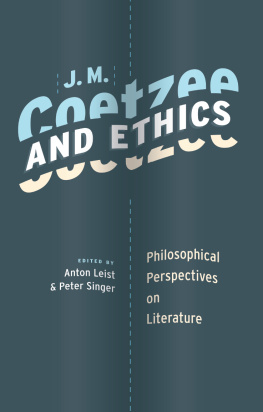

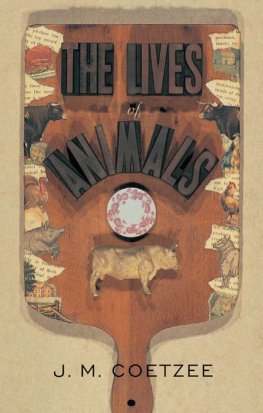

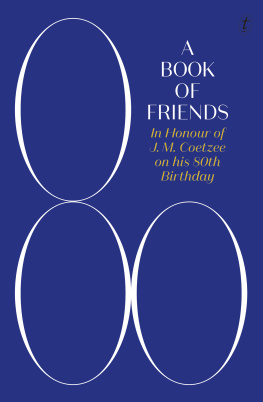
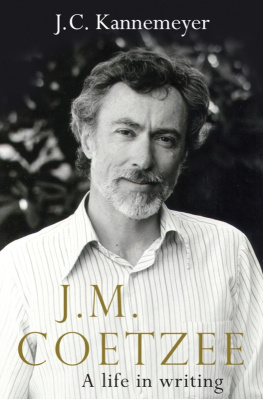
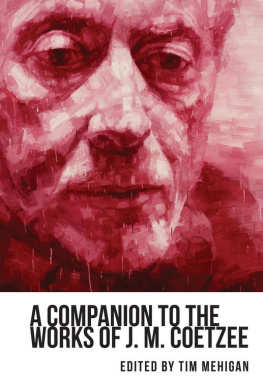
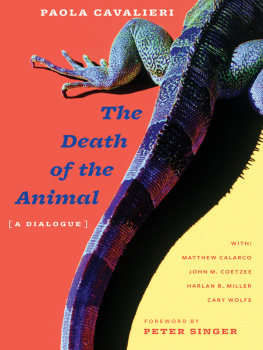
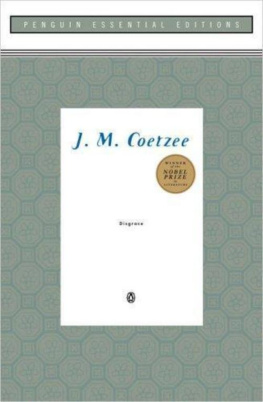
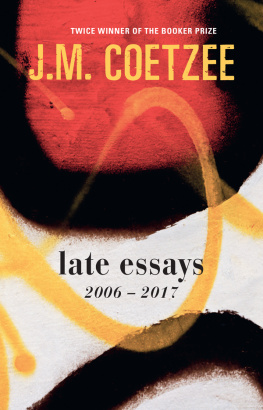
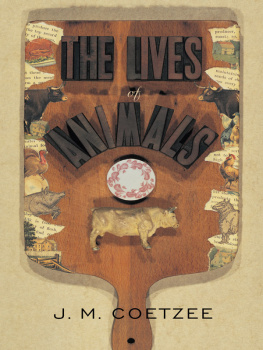
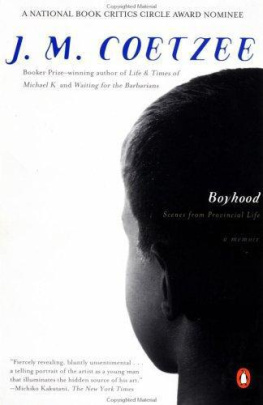

 NEW YORK
NEW YORK